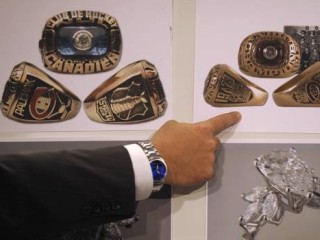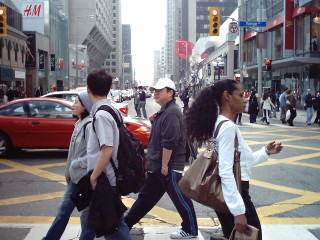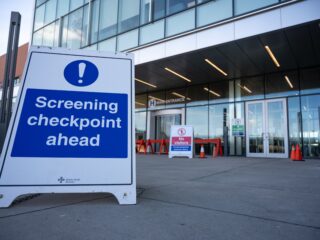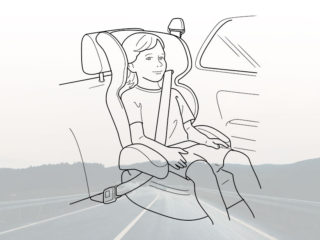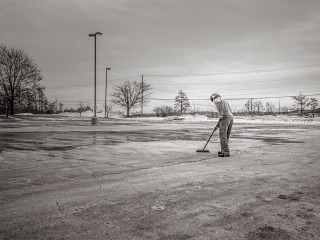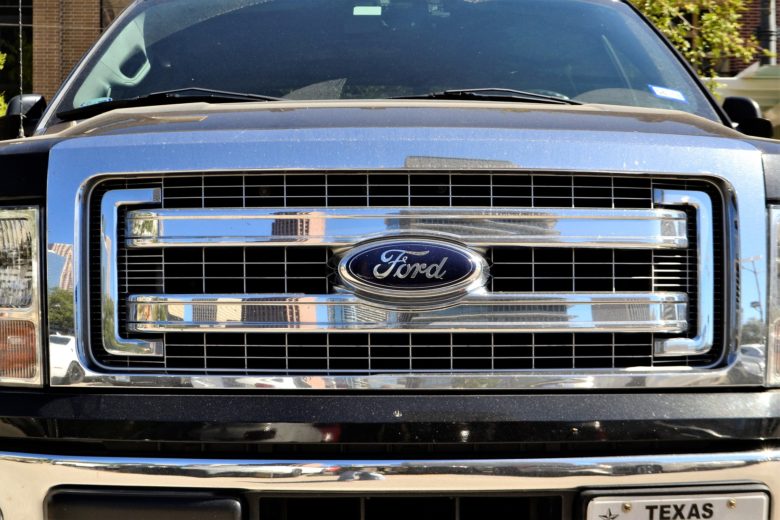Counsel for the Appellant Linda Sue Pearce: Jeffrey R. LeRoy
Counsel for the Respondent Shayne Berwick: Brian Cameron
Counsel for the Respondent The Personal: Louis Covens
Counsel for the Respondent Ruo Hang Liu: Luke Hamer
Heard by: Justice David H. Doherty
Justice Janet M. Simmons
Justice Gladys I. Pardu
This was an appeal from the Order of Justice Phillip Sutherland with respect to his refusal to allow the Appellant Pearce to withdraw an admission made by her during the argument of a summary judgment motion. The focus of the summary judgment motion was whether Ms. Pearce was the actual owner, as well as the registered owner, of a Ford truck driven by her son Trevor Middleton when it was involved in a collision.
Mr. Middleton and his friends were involved in an altercation with a group of young men who were fishing in Lake Simcoe near Keswick, Ontario. A fight broke out between the groups and four of the individuals involved, including the Respondents Mr. Liu and Mr. Berwick, attempted to flee in a Honda Civic. Mr. Middleton chased after the Honda Civic in his Ford truck and repeatedly rammed into the back of the Honda, eventually causing the Honda to crash which resulted in severe personal injuries to Mr. Liu and Mr. Berwick. Mr. Middleton was convicted on four counts of aggravated assault and two counts of criminal negligence causing bodily harm.
Mr. Berwick commenced a lawsuit against both Mr. Liu (who was driving the Honda Civic) and Mr. Middleton, as well as the owner of the truck, Ms. Pearce. Mr. Liu also commenced an action against Mr. Middleton and Ms. Pearce, but also named his own insurer, The Personal, pursuant to the OPCF-44R endorsement. Mr. Berwick was uninsured at the time of the collision and was therefore unable to claim relief against an OPCF-44R carrier.
The motion judge found, and the Appellant Ms. Pearce did not dispute, that she was the owner of the Ford truck. At the time of the motion, it was agreed that this conclusion would bind the parties in all of the actions. It was also agreed by all parties that if the Appellant was found to be the owner of the truck, Wawanesa (Ms. Pearce’s insurer) would respond to the claim and the action against The Personal would be dismissed. The motion judge accordingly dismissed the action against The Personal.
Following the release of the motion judge’s decision, the Appellant Pearce moved to withdraw her agreement, arguing that pursuant to ss. 192(2) of the Highway Traffic Act, if she were found to be the owner of the vehicle, she would only be liable for the negligent acts of Mr. Middleton, not his intentional acts. The Appellant asked the motion judge for an amendment to qualify the dismissal of the action against The Personal by adding that the dismissal was only operative if she was found vicariously liable pursuant to ss. 192(2).
The motion judge refused the Appellant’s request to withdraw the agreement, and concluded that Mr. Middleton’s criminal convictions for criminal negligence conclusively established he was negligent and the Appellant was therefore liable pursuant to ss. 192(2). In the alternative, the motion judge indicated he would not allow the Appellant to withdraw her admission as no reasonable explanation had been given for the proposed withdrawal.
On appeal, the Appellant argued that the motion judge erred in finding that the criminal conviction for criminal negligence foreclosed an argument that Mr. Middleton’s acts were intentional and not negligent. The Appellant also argued that the motion judge erred by a applying a stricter test to the withdrawal of admissions than he should have.
The Court of Appeal held unanimously that if the Appellant were successful in arguments she proposed, she would not be vicariously liable and Wawanesa would not be liable to pay for the loss. However, the Court of Appeal held that The Personal in this case would not be available to respond because the action had been dismissed against them as a result of the admission of the Appellant. The Court of Appeal noted that this would amount to prejudice against the other parties to the action. It was held that this prejudice could not be remedied by an order for costs. Given these facts, the Court of Appeal held that the interests of justice favoured a dismissal of the appeal.
Unfortunately, the Court of Appeal did not provide any analysis with respect to the viability of the Appellant’s argument concerning ss. 192(2) and the potential vicarious liability of owners for intentional torts committed by a driver. This omission means that the state of the law remains unclear with respect to collisions which potentially involve both intentional and negligent elements.

